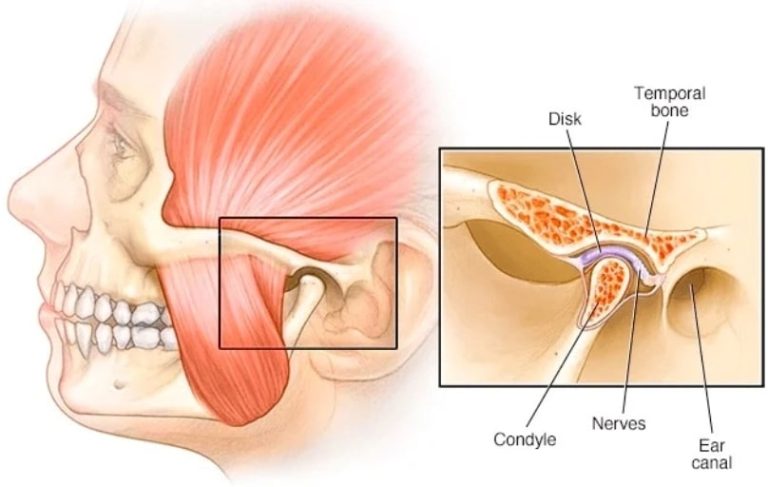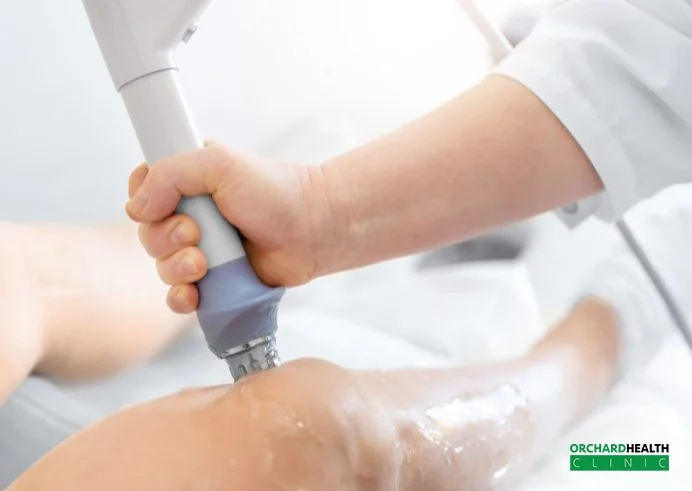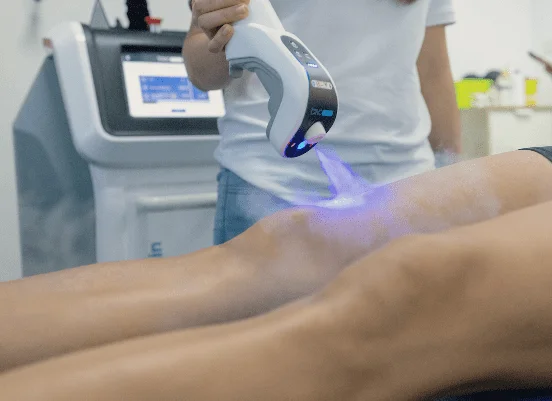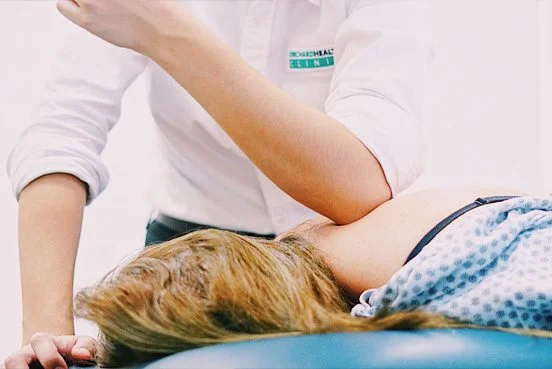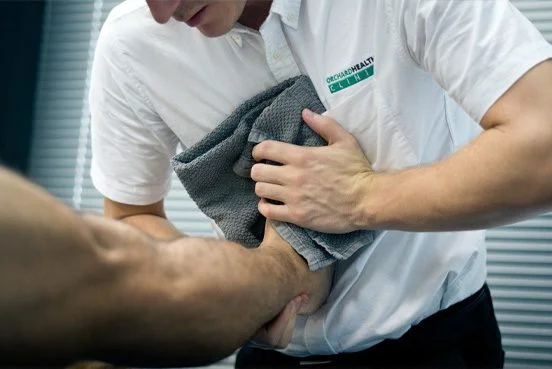Dry needling is a popular and effective treatment method used to alleviate pain and restore muscle function. It involves the insertion of thin, fine stainless steel needles into specific points in the body called trigger points. These trigger points are often the source of muscular pain and tension. While the technique may seem similar to acupuncture, it is grounded in Western medicine and serves a different purpose. Dry needling focuses on the musculoskeletal system, specifically targeting muscle pain, restricted movement, and dysfunction.
It is an increasingly favored treatment option for individuals suffering from chronic pain, joint issues, or limited mobility. The procedure is minimally invasive and does not involve medication, which makes it an appealing alternative for patients who prefer to avoid drugs or are allergic to certain medications. This form of therapy has been found effective in treating a wide range of conditions, including knee pain and back pain. In the following sections, we will dive deeper into the conditions that dry needling can treat, the health benefits it offers, and its overall safety.
What is Dry Needling?
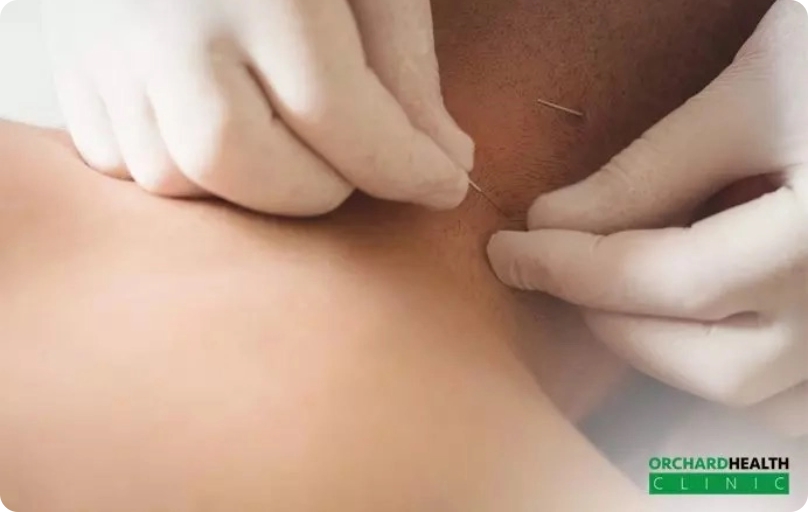
Dry needling is a treatment that uses fine, filiform needles to target specific trigger points in the muscles. These trigger points are hyperirritable spots within a muscle that can cause pain, tenderness, and limited movement. When the needle is inserted into a trigger point, it stimulates the muscle, causing a chemical response that increases blood flow and triggers the release of endorphins, which are the body’s natural painkillers.
The insertion of these needles also helps to improve tissue elasticity and promote healing. This can lead to an immediate improvement in muscle function, flexibility, and pain relief. Importantly, dry needling does not involve the use of any medication, making it a drug-free alternative to pain management. For individuals who are allergic to pain medications or those looking to avoid reliance on drugs, dry needling can be an ideal solution.
Many people associate dry needling with acupuncture because both involve the use of needles. However, while acupuncture focuses on restoring the body’s energy flow (Qi) and stimulating specific acupuncture points to promote emotional and physical well-being, Dry needling is commonly used in conjunction with physiotherapy, as both aim to restore movement and function by addressing the root causes of musculoskeletal pain.
Conditions Treated with Dry Needling
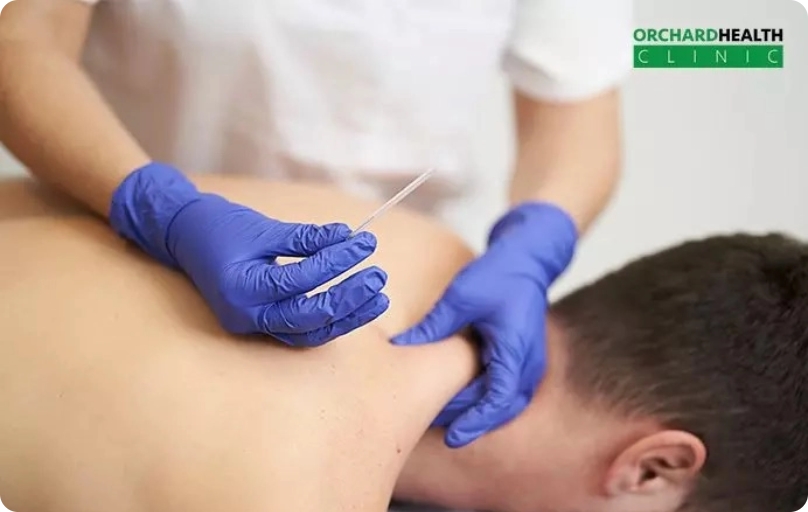
Dry needling therapy is used to treat a wide variety of medical conditions that result in muscular pain, joint dysfunction, and restricted mobility. Below are some of the key conditions that dry needling can effectively address:
 |
TMJ (Temporomandibular Joint) DisorderTemporomandibular joint (TMJ) disorder is a condition that affects the joint connecting the jawbone to the skull, resulting in pain in the jaw, face, neck, and head. Patients with TMJ disorder often experience difficulty chewing, speaking, and moving their jaw. Dry needling can be used to relieve tension in the muscles surrounding the TMJ. By targeting the trigger points in these muscles, dry needling helps to reduce spasms and alleviate pain, improving the patient’s ability to chew and speak comfortably. |
Migraine HeadachesMigraine headaches are characterized by intense, throbbing pain, often accompanied by nausea, sensitivity to light and sound, and even vomiting. These symptoms can severely impact daily life, making it difficult for individuals to function normally. Dry needling is effective in treating migraines by increasing blood flow to the affected areas, reducing inflammation, and promoting the release of endorphins. By targeting trigger points in the head, neck, and shoulders, dry needling helps to relieve tension and provides significant relief from migraine symptoms. |
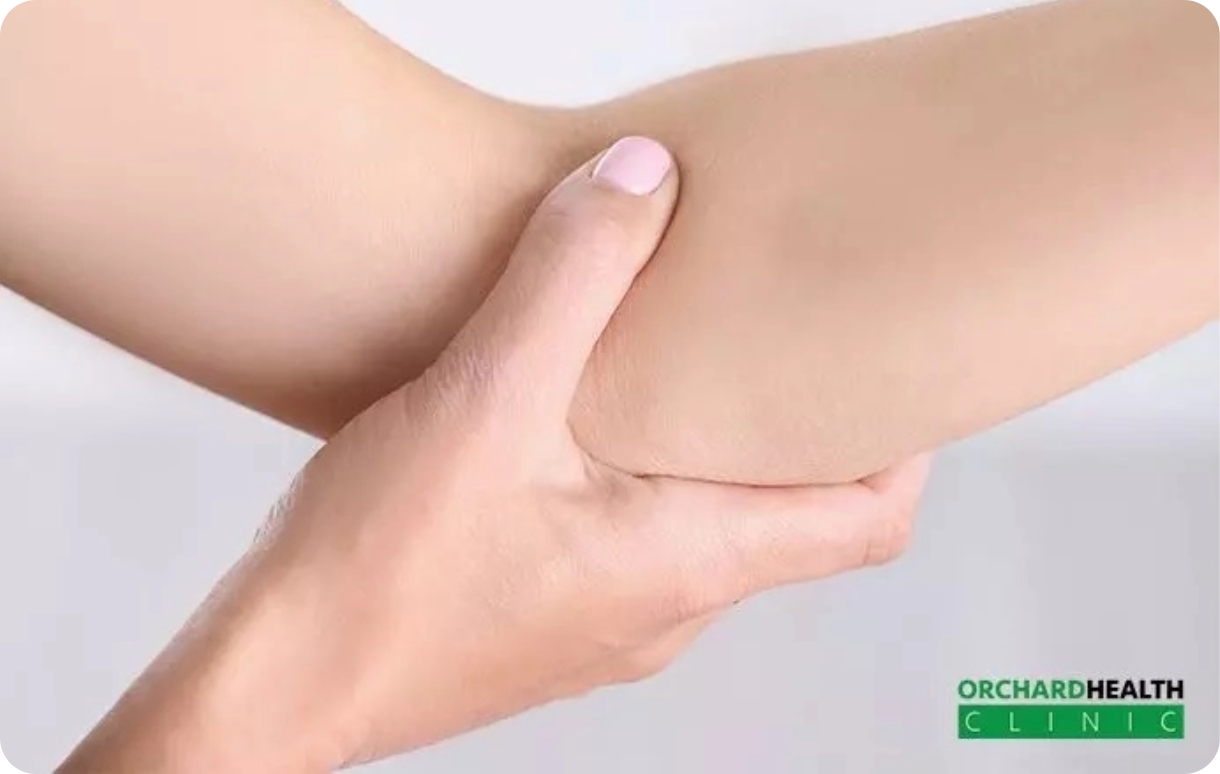 |
 |
Joint ProblemsAs people age, joints can become less flexible and more prone to injury or inflammation. Conditions such as arthritis and tendonitis can cause pain, swelling, and stiffness in the joints, limiting mobility and affecting daily activities. Dry needling can be used to target trigger points in the muscles around the affected joints, helping to reduce inflammation, improve blood flow, and promote healing. This can lead to a reduction in joint pain and an improvement in range of motion, particularly for conditions like knee pain and frozen shoulder. |
Disc and Back ProblemsLower back pain is a common issue affecting up to 80% of the adult population at some point in their lives. It can result from various conditions, including disc herniation, muscle strain, or poor posture. Dry needling is an effective treatment for disc and back problems because it targets the muscles surrounding the spine. By relieving muscle tension and reducing inflammation, dry needling can improve mobility and reduce the pain and stiffness associated with back problems. |
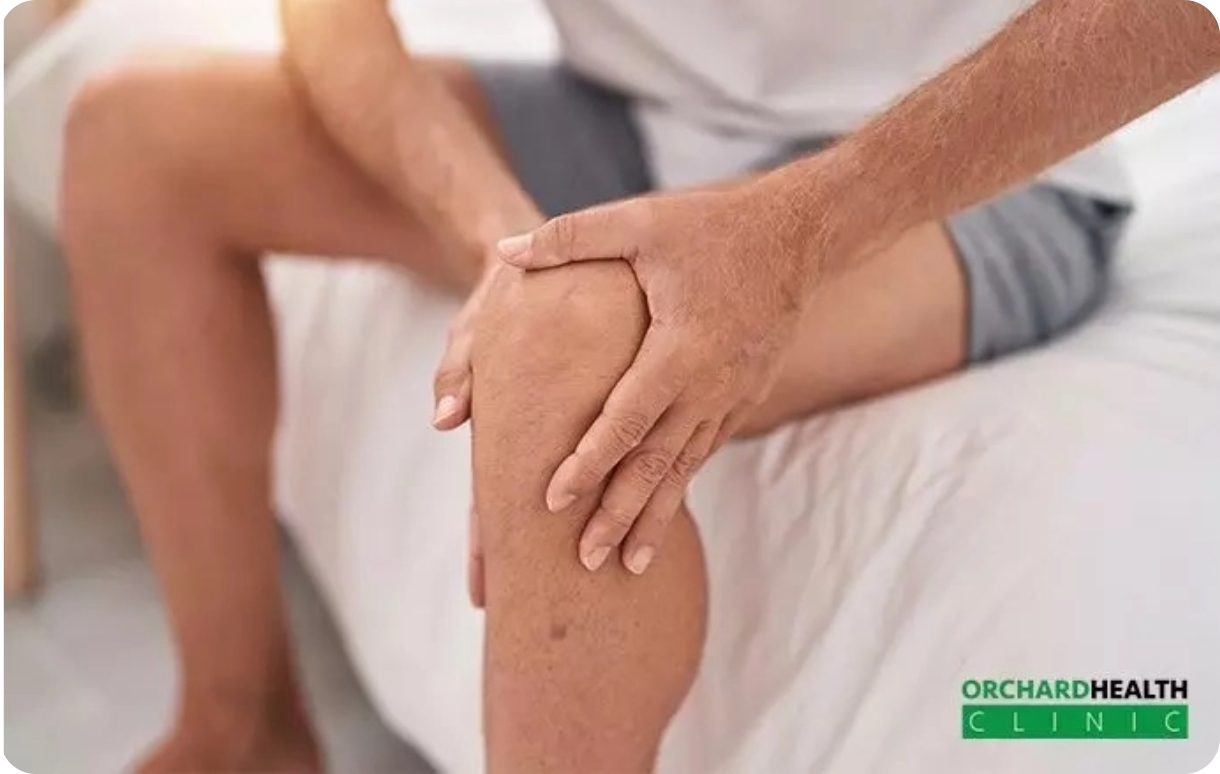 |
 |
Muscle WeaknessMuscle weakness can occur due to injury, surgery, or chronic conditions, making it difficult for individuals to move or perform daily activities. Dry needling helps by targeting trigger points in weakened muscles, promoting blood flow and enhancing muscle strength and function. This treatment can also be combined with physical therapy to improve recovery and restore normal muscle function more quickly. |

TMJ (Temporomandibular Joint) Disorder
Temporomandibular joint (TMJ) disorder is a condition that affects the joint connecting the jawbone to the skull, resulting in pain in the jaw, face, neck, and head. Patients with TMJ disorder often experience difficulty chewing, speaking, and moving their jaw. Dry needling can be used to relieve tension in the muscles surrounding the TMJ. By targeting the trigger points in these muscles, dry needling helps to reduce spasms and alleviate pain, improving the patient’s ability to chew and speak comfortably.

Migraine Headaches
Migraine headaches are characterized by intense, throbbing pain, often accompanied by nausea, sensitivity to light and sound, and even vomiting. These symptoms can severely impact daily life, making it difficult for individuals to function normally. Dry needling is effective in treating migraines by increasing blood flow to the affected areas, reducing inflammation, and promoting the release of endorphins. By targeting trigger points in the head, neck, and shoulders, dry needling helps to relieve tension and provides significant relief from migraine symptoms.

Joint Problems
As people age, joints can become less flexible and more prone to injury or inflammation. Conditions such as arthritis and tendonitis can cause pain, swelling, and stiffness in the joints, limiting mobility and affecting daily activities. Dry needling can be used to target trigger points in the muscles around the affected joints, helping to reduce inflammation, improve blood flow, and promote healing. This can lead to a reduction in joint pain and an improvement in range of motion, particularly for conditions like knee pain and frozen shoulder.

Disc and Back Problems
Lower back pain is a common issue affecting up to 80% of the adult population at some point in their lives. It can result from various conditions, including disc herniation, muscle strain, or poor posture. Dry needling is an effective treatment for disc and back problems because it targets the muscles surrounding the spine. By relieving muscle tension and reducing inflammation, dry needling can improve mobility and reduce the pain and stiffness associated with back problems.

Muscle Weakness
Muscle weakness can occur due to injury, surgery, or chronic conditions, making it difficult for individuals to move or perform daily activities. Dry needling helps by targeting trigger points in weakened muscles, promoting blood flow and enhancing muscle strength and function. This treatment can also be combined with physical therapy to improve recovery and restore normal muscle function more quickly.
Health Benefits of Dry Needling Therapy
In addition to treating specific conditions, dry needling therapy offers numerous general health benefits. Patients who undergo dry needling often experience the following:
1. Fast Pain Relief
Dry needling offers a quick and effective way to relieve pain, especially for conditions related to muscular tension or inflammation. The fine needles are inserted into the trigger points of the affected muscles, helping to relax the muscles and increase blood flow to the area. This leads to reduced inflammation and faster healing. Many patients report immediate pain relief after just one session, although some may require additional treatments depending on the severity of their condition.
2. Improved Range of Motion
When muscles are tight and painful, they can restrict movement and limit flexibility. This can make it difficult for individuals to perform daily activities or engage in physical exercise. Dry needling works by releasing muscle tension, which improves range of motion and flexibility. This is particularly beneficial for athletes or individuals recovering from surgery who need to restore normal movement patterns quickly.
3. Accelerated Recovery
After an injury or surgery, recovery can be a slow process. Dry needling can help speed up recovery by promoting increased blood flow to the injured areas, delivering nutrients that are essential for healing. It can also reduce muscle stiffness and improve flexibility, allowing patients to resume normal activities sooner. When combined with other treatments such as physical therapy, dry needling can significantly accelerate the recovery process.
4. Chronic Pain Management
Chronic pain conditions such as myofascial pain syndrome and fibromyalgia can be difficult to manage without medication. However, dry needling offers a non-invasive option for managing chronic pain. By targeting the trigger points associated with chronic pain, dry needling helps to reduce muscle tightness and alleviate the symptoms of these long-term conditions. Over time, patients may experience a significant improvement in their quality of life as their pain is reduced.
Is Dry Needling Safe?
When considering any medical treatment, patients often ask the question, “Is this treatment safe?” The good news is that dry needling is a safe and effective treatment option when performed by a trained and qualified therapist. At Orchard Health Clinic, our team of experienced physiotherapists carefully assesses each patient’s medical history before recommending dry needling therapy to ensure it is the right treatment for them.
Patients may experience some discomfort when the needles are inserted into their muscles, which can feel like a dull ache or heaviness around the needle site. These sensations are temporary and typically subside within a few minutes. Post-treatment soreness is also common, lasting anywhere from 12 to 48 hours. In some cases, patients may notice minor bruising or bleeding from the needle punctures, but these are easily managed by applying an ice pack to the affected areas for 10 to 15 minutes.
Additionally, patients may experience temporary fatigue or drowsiness following a dry needling session. It is important to stay hydrated and get plenty of rest to aid recovery. While these side effects are generally mild, it is always a good idea to discuss any concerns with your therapist before treatment.
Common Side Effects of Dry Needling
Although dry needling is generally well-tolerated, it is not uncommon for patients to experience some side effects after treatment. These include:
Soreness:
Post-treatment soreness is one of the most common side effects. It usually lasts for about 12 to 48 hours, depending on the individual’s sensitivity and the area treated. Soreness can be managed with light stretching or by applying heat or ice to the area.
Bruising or Bleeding:
Minor bruising or bleeding at the needle insertion sites may occur. This is a normal reaction and should not be a cause for concern. Using an ice pack can help reduce bruising and promote faster healing.
Fatigue:
Some patients report feeling fatigued or drowsy after their dry needling session. This can be attributed to the body’s response to the treatment and is typically temporary. Staying hydrated and getting plenty of rest should help alleviate these symptoms.
If you experience any unusual or prolonged side effects, it is always best to consult your therapist for further advice.
The Ultimate Solution for Pain Relief and Recovery
Dry needling therapy offers a safe, non-invasive, and effective way to treat a wide range of conditions, from chronic pain to muscle weakness and joint issues. Its ability to provide fast pain relief, improve range of motion, and accelerate recovery makes it a valuable tool for individuals dealing with musculoskeletal problems. Additionally, the absence of medication in dry needling makes it an excellent alternative for those looking for drug-free solutions.
At Orchard Health Clinic, our experienced team of physiotherapists is dedicated to providing personalized care to each patient, ensuring that dry needling is a suitable and effective treatment option for their condition. If you are ready to explore how dry needling can help you recover faster and more effectively, contact us today to schedule a consultation.

